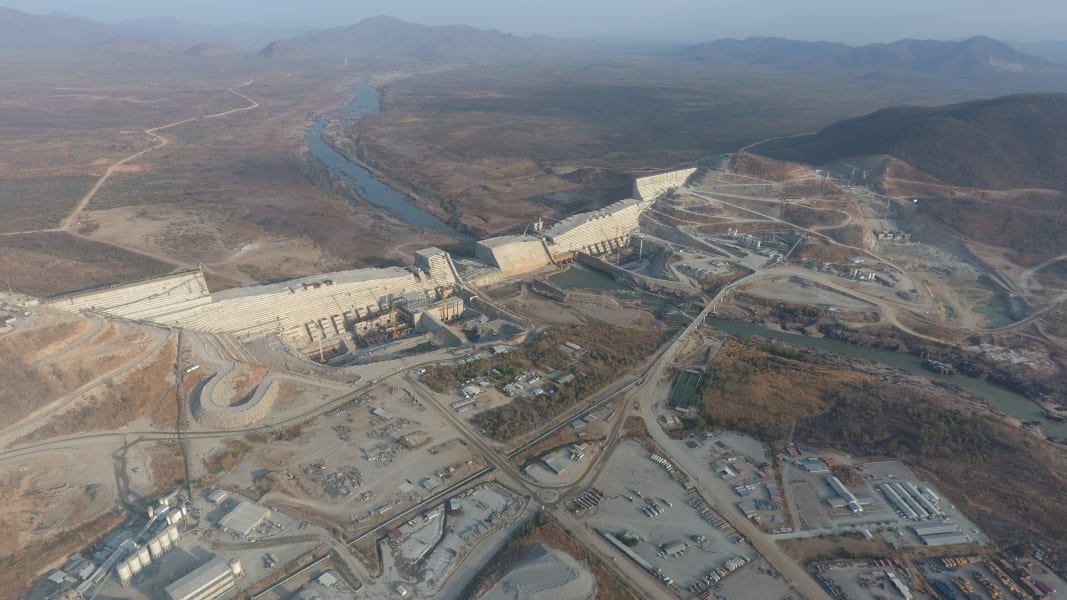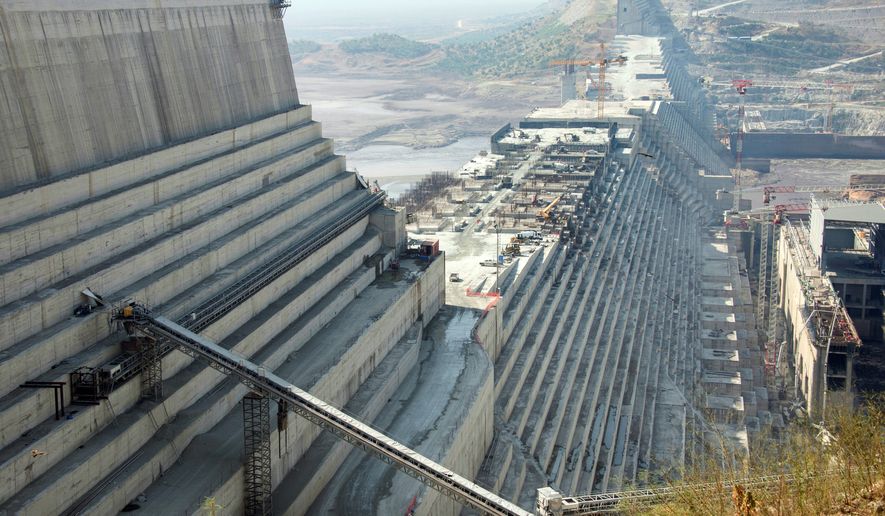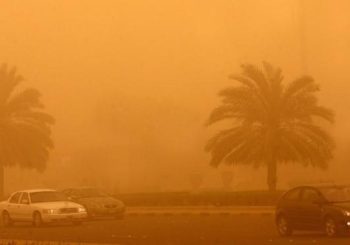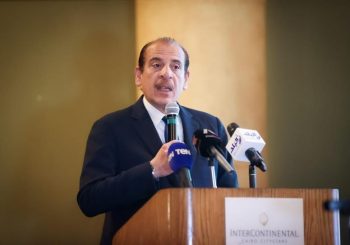After the spokesperson of the Egyptian Ministry of Water Recourses and Irrigation, announced that the discussions with Ethiopia surrounding the Grand Ethiopian Renaissance Dam (GERD) reached a “dead end” Ethiopia denied these accusations and asserted its efforts to resolve any issues stalling the discussions with Egypt and Sudan.
“Ethiopia stands ready to resolve any differences and outstanding concerns by consultation among the three countries,” Ethiopian Prime Minister Abiy Ahmed tweeted in English.
“The Government of Ethiopia will reinforce its effort to make the ongoing trilateral dialogue a success. It also expects a similar commitment from the two downstream countries, Egypt and Sudan.”
A new round of negotiations kicked off last Friday in Khartoum with ministries from Egypt, Sudan and Ethiopia to determine the fate of their water supply.
According to the spokesperson of the Egyptian Ministry of Water Recourses and Irrigation, Ethiopia refused to consider Egypt’s proposal regarding the operation of the dam.
Ethiopia’s proposal is considered “a setback to all the principles previously agreed upon for the filling and operation of the dam,” the ministry’s spokesperson emphasized, adding that “the proposal didn’t include the minimum annual drainage of the dam, or ways to deal with the cases of drought and prolonged drought that might occur in the future.”
Ethiopia refuses to discuss the rules under which it can operate the dam limiting the conversation to the filling phase of the dam and the rules of operation during the filling phase only. According to Article 5 of the Declaration of Principles Agreement, Ethiopia is violating the agreement signed in 2015 by the three Nile Basin countries.
In return, Egypt called an international mediator to help reach a fair agreement amongst the tripartite in accordance to Article 10 of the declaration.
Egypt’s President Abdel Fattah El-Sisi wrote a tweet in response to the conclusion reached during the two-day meeting in Khartoum.
“I closely followed up on the outcome of the tripartite meeting between irrigation ministers of Egypt, Sudan and Ethiopia which discussed the filling of the Grand Ethiopian Renaissance Dam, and which did not result in any positive development. I affirm that the Egyptian state, with all its institutions, is committed to protecting Egypt’s rights in the Nile waters,” the tweet reads.
تابعت عن كثب نتائج الإجتماع الثلاثى لوزراء الرى فى مصر والسودان وأثيوبيا لمناقشة ملف سد النهضة الأثيوبى والذى لم ينتج عنه أى تطور إيجابى .. وأؤكد أن الدولة المصرية بكل مؤسساتها ملتزمة بحماية الحقوق المائية المصرية فى مياه النيل، ١/٢
Adding that Egypt “will continue to take the necessary measures on the political level and within the framework of the international law to protect these rights.”
Ethiopia announced plans to begin the construction of the hydroelectric 6,450 megawatt dam nearly a decade ago in 2011. With the facility expected to operate in 2020, Egypt has dreadfully anticipating the possibility of losing 25 percent of its freshwater source.
The Nile provides 90 percent of Egypt’s freshwater, and 85 percent of that freshwater is coming from Ethiopia’s Lake Tana; the source of the Blue Nile.
However, for centuries, Egypt, despite it being the end of the stream, has enjoyed a large share of the Nile’s water as a result of the 1902 and 1929 colonial-era agreement implemented by the British along side a 1959 bilateral agreement between Egypt and Sudan post-independence. This agreement allocated Egypt 55.5 billion cubic meters of water and granted Sudan 18.5 billion cubic meters.
Initially, Ethiopia built the dam to give 60 percent of its population access to electricity. Now, its goal has transformed into becoming the continent’s main power exporter .









Comments (2)
[…] months in which the negotiations surrounding GERD had not moved forward, all three countries’ foreign ministers met with US […]
[…] months in which the negotiations surrounding GERD had not moved forward, all three countries’ foreign ministers met with Secretary […]